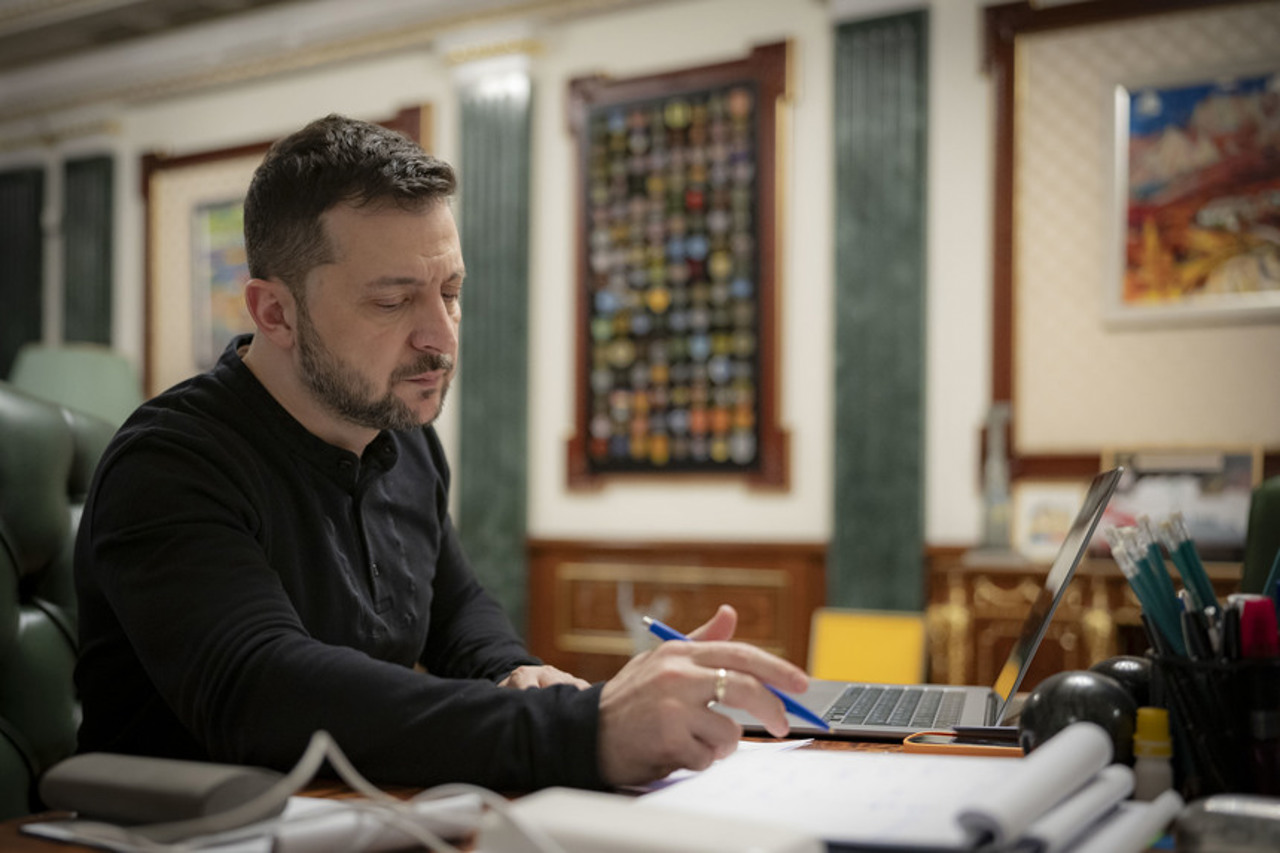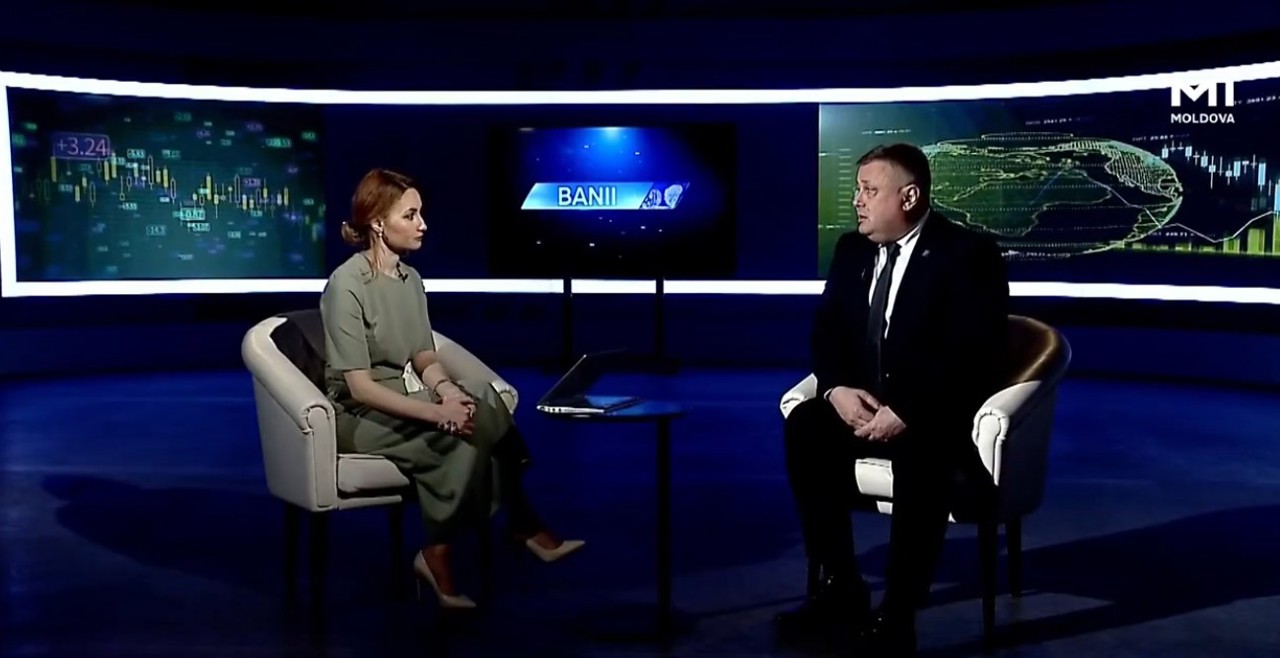Ukraine and Russia reach agreement on Black Sea ceasefire

Ukrainian President Volodymyr Zelensky has stated that Ukraine expects the ceasefire agreement in the Black Sea and the cessation of attacks on energy infrastructure to take effect starting March 25, following two days of negotiations in Saudi Arabia.
The talks involved delegations from the U.S., Russia, and Ukraine.
This announcement contradicts the Kremlin’s stance, which claims that the naval ceasefire will only become effective after the lifting of Western sanctions on Russian food and fertilizer exports. Moscow authorities also argue that the suspension of attacks on energy infrastructure has been in place since March 18, with a 30-day duration and the option for extension.
Zelensky added that Ukrainian Defense Minister Rustem Umerov had asked the United States for clarification regarding when the ceasefire clauses should be implemented. “We believe that after Washington makes two official statements... the ceasefire at sea and the cessation of energy attacks should take effect,” Zelensky remarked, emphasizing that the effective implementation depends on the orders given by the leaders of both states to their armed forces.
The Ukrainian leader also pointed out that his country will appeal to the United States if Russia violates the terms of the agreement.
As part of the understanding, Washington has also committed to supporting Russia’s access to the global market for agricultural exports and fertilizers, including reducing maritime insurance costs and facilitating access to ports and payment systems. Zelensky referred to these measures as a relaxation of the sanctions imposed on Moscow.
Initially, the Kremlin refused to disclose the content of the marathon negotiations between the Russian and U.S. delegations held in Riyadh on March 24. However, it later clarified that the agreement on the Black Sea ceasefire comes with a set of conditions.
The agreement will only come into effect once sanctions on Russian banks involved in international trade of food and fertilizers are lifted, and these banks are fully reconnected to SWIFT—a secure messaging network for financial transactions.
This means that Russia is effectively stating that the sanctions on its banks, food producers, exporters, and insurers involved in food exports must be lifted before the ceasefire in the Black Sea can be implemented.
On March 25, the United States announced that separate agreements had been concluded with both Ukraine and Russia during negotiations in Saudi Arabia, held between March 23 and 25. These agreements focus on ensuring safe navigation in the Black Sea and establishing concrete measures to enforce the ban on attacks against energy infrastructure.
According to an official statement, the parties agreed to ensure safe navigation in the Black Sea, eliminate the use of force, and prevent the conversion of commercial ships for military purposes. They also committed to developing measures to enforce a joint agreement prohibiting attacks on energy infrastructure in both Ukraine and Russia.
The document further outlines support for efforts related to prisoner exchanges, the release of civilian detainees, and the repatriation of forcibly displaced Ukrainian children.
“The United States and Ukraine welcome the willingness of third countries to support the implementation of agreements on energy and maritime safety and announce that they will continue joint efforts to achieve lasting and sustainable peace,” stated the White House in an official release.
Translation by Iurie Tataru





